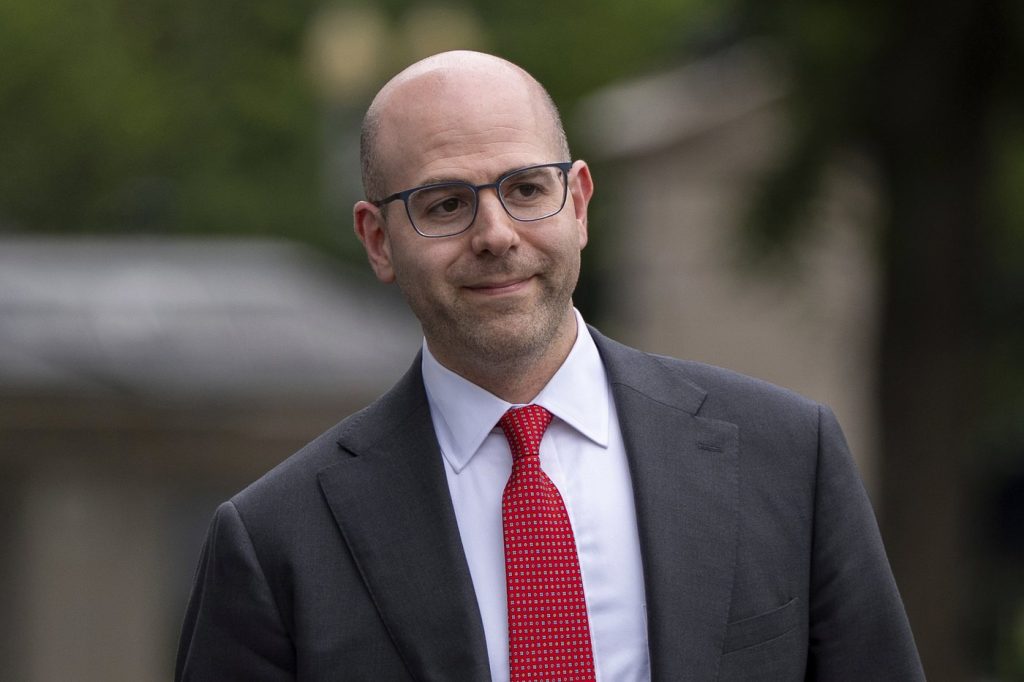President Donald Trump's appointee to the Federal Reserve's Board of Governors, Stephen Miran, proposed on Monday that the central bank's key interest rate should be significantly lower than its current level of 4.1%. Speaking to the Economic Club of New York, Miran, who also serves as a top economic adviser to Trump, argued for a rate closer to 2.5%. This perspective represents a stark contrast to the views of his 18 colleagues on the Fed's rate-setting committee, highlighting an unusually high divergence in opinions within the board.
Miran's remarks emphasized his distinct viewpoint on the Fed's monetary policy. His appointment has sparked controversy due to his maintaining the position of head of the White House's Council of Economic Advisers while on unpaid leave, arousing concerns regarding the Federal Reserve's traditional independence from political influence. His term on the board is set to expire in January, and he has indicated a plan to return to the White House after that, although he could continue serving on the board until a successor is confirmed.
In his written remarks, Miran stated, "It should be clear that my view of appropriate monetary policy diverges from those of other members of the committee." He characterized the current policy environment as "very restrictive," implying that it hinders economic growth and poses risks to the Fed's congressional mandate, which includes striving for maximum employment.
Miran elaborated on several factors that could contribute to a lower interest rate, such as the decline in immigration, which is expected to make housing more accessible and lower rental costs, thus alleviating inflationary pressures. He also pointed to the potential for tariff revenues, which could exceed $300 billion annually according to estimates from the Congressional Budget Office, to help reduce the deficit. Miran posited that, over time, these factors may allow the Fed to manage inflation without maintaining such a high benchmark interest rate.
In summary, Stephen Miran's viewpoints reflect a significant departure from his colleagues at the Federal Reserve, advocating for a more accommodative monetary policy in light of changing economic conditions. His tenure and the implications of his controversial dual role at the White House continue to attract attention as the Fed navigates its course amidst evolving economic challenges.











